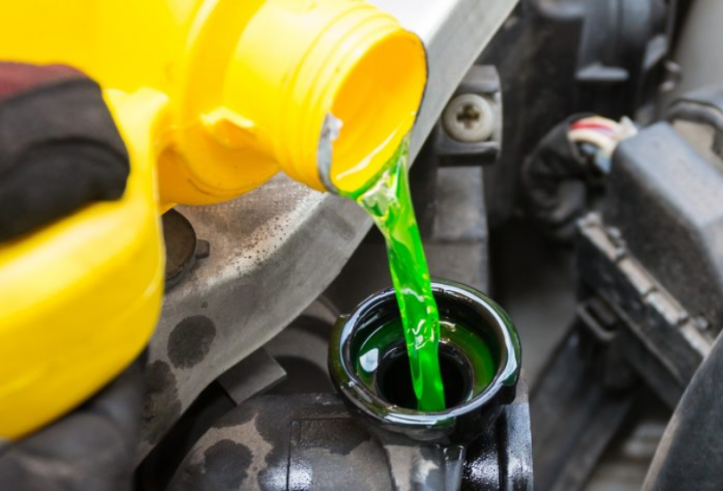Proper maintenance of car fluids is essential for the optimal performance and longevity of your vehicle. Understanding the role of different fluids and their maintenance requirements can help you keep your car running smoothly. In this article, we will demystify car fluids and provide a comprehensive guide to fluid maintenance.
Engine Oil:
Engine oil lubricates the engine’s moving parts, reduces friction, and helps dissipate heat. Regular oil changes, based on the manufacturer’s recommendations, are crucial to maintaining engine health and performance. Additionally, monitoring oil levels and checking for oil leaks ensures proper lubrication and prevents engine damage.
Coolant:
Coolant, also known as antifreeze, helps regulate the engine’s temperature and prevents it from overheating or freezing. Regular coolant checks and coolant flushes help maintain the correct coolant-to-water ratio, prevent corrosion, and ensure optimal engine cooling. It’s important to use the recommended coolant type and follow the manufacturer’s guidelines.
Brake Fluid:
Brake fluid transfers force from the brake pedal to the brakes, allowing for effective braking. Regular inspection of brake fluid levels and color is crucial. If the fluid appears dark or contaminated, it should be flushed and replaced. Maintaining the proper brake fluid level and quality is essential for safe braking performance.
Transmission Fluid:
Transmission fluid lubricates and cools the transmission system, ensuring smooth gear shifts and preventing excessive wear. Regular checks of transmission fluid levels, color, and condition are important. If the fluid is low or shows signs of degradation, it should be topped up or replaced according to the manufacturer’s recommendations.
Power Steering Fluid:
Power steering fluid enables smooth and effortless steering. Regular inspection of power steering fluid levels and condition is necessary to maintain proper steering function. If the fluid is low or contaminated, it should be addressed promptly to prevent steering issues and potential damage to the power steering system.
Conclusion: Proper maintenance of car fluids is crucial for the performance, reliability, and longevity of your vehicle. Regular checks, fluid top-ups, and scheduled fluid replacements based on manufacturer recommendations are essential. By paying attention to engine oil, coolant, brake fluid, transmission fluid, and power steering fluid, you can ensure your vehicle operates at its best and minimize the risk of costly repairs. Consult your vehicle’s owner’s manual or seek professional assistance for specific fluid maintenance guidelines based on your car’s make, model, and mileage.



